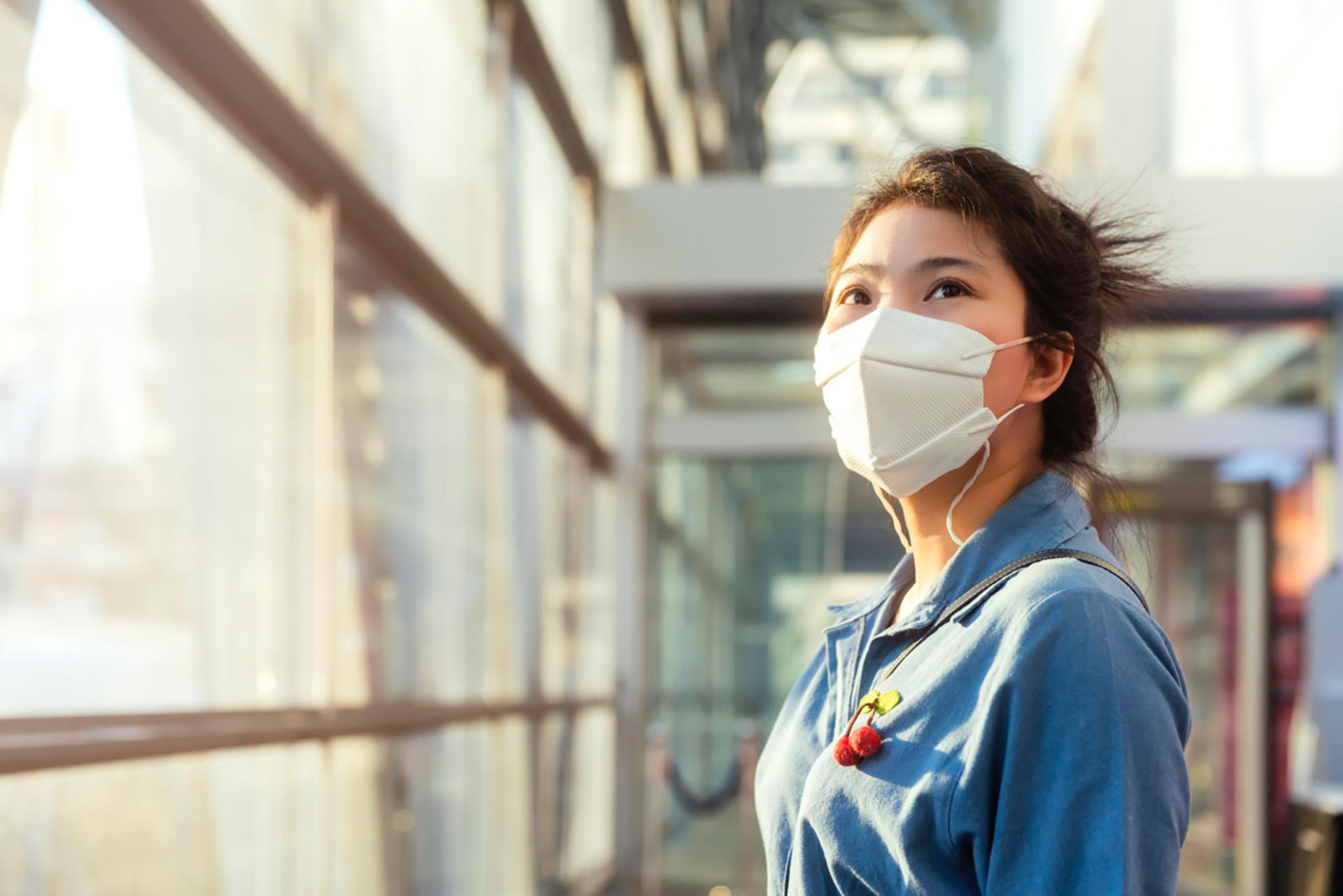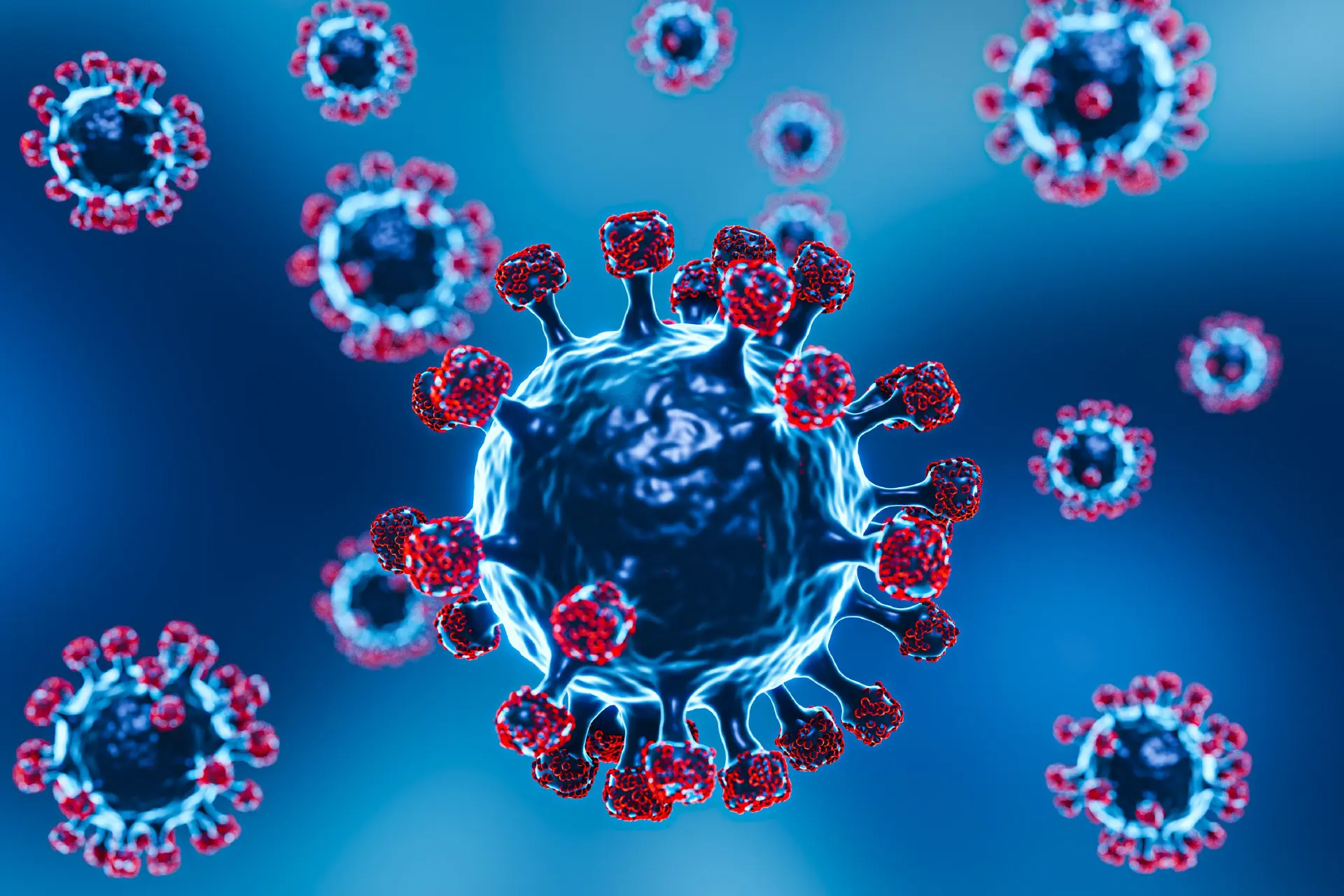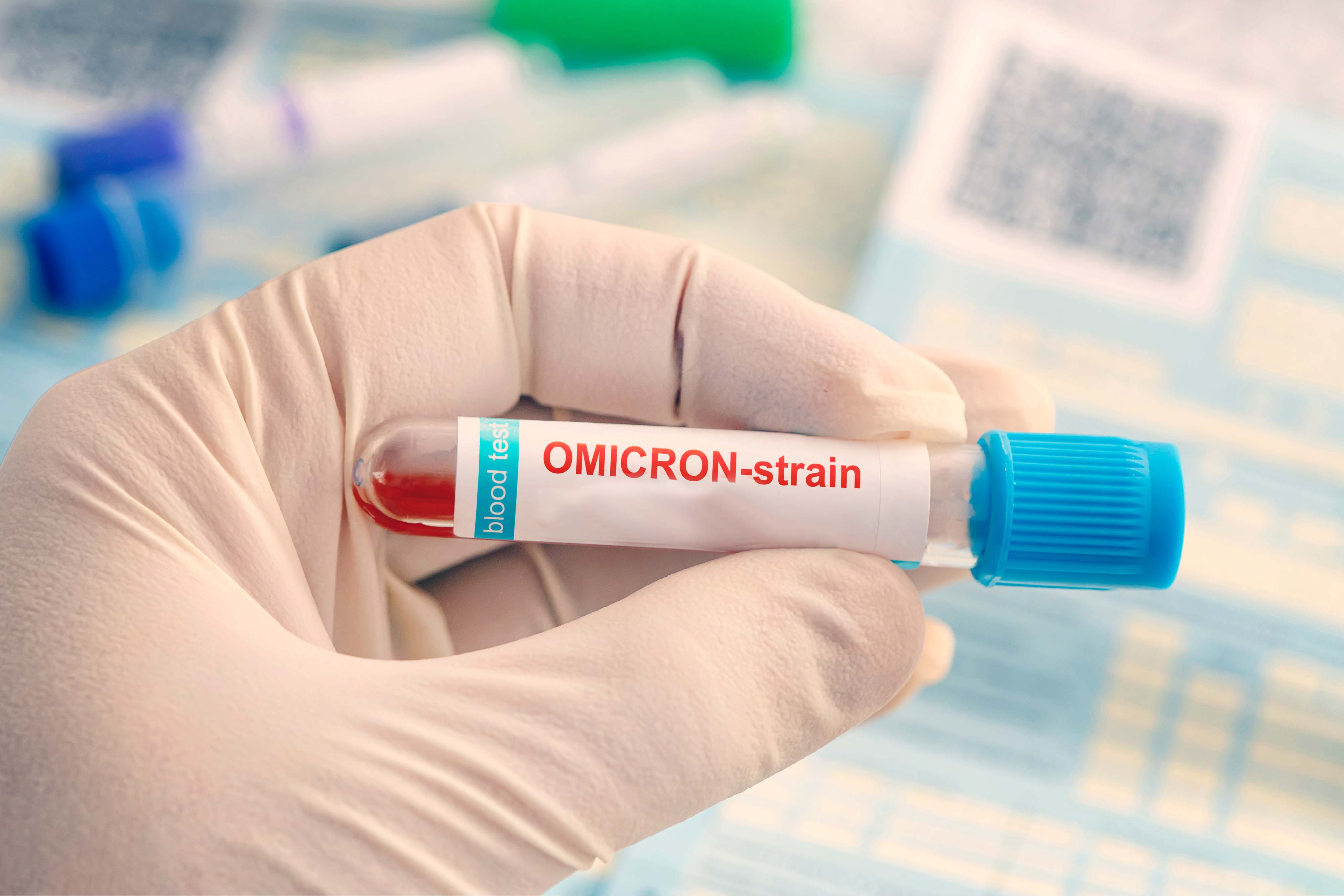Covid | 5 min read
Can COVID-19 Affect Memory? 3 Important Things to Note
Medically reviewed by
Table of Content
Key Takeaways
- Memory and thinking problems are COVID effects on brain after recovery
- The COVID concentration problems can make it difficult to focus on tasks
- Memory fog can be identified by signs like memory loss months after COVID
COVID-19 has been around for quite some time now and is said to cause some complications in people who have recovered from the disease. Although most people do not experience any long-term cognitive impact, temporary and mild difficulties may occur in some cases. A study reported that post-COVID memory and attention problems can also occur in people with no signs of cognitive impairment [1].
People with existing memory problems may experience worse symptoms after getting COVID-19. However, these changes may not last forever. In rare cases, those with severe illnesses may experience long-term COVID effects but more research is needed. COVID-19 may cause memory and thinking difficulties due to fatigue, fear, anxiety, stroke, brain inflammations, and low mood [2]. Read on to know how can COVID-19 affect memory and how to improve memory after COVID recovery.
Additional Read: Tips For Traveling Anxiety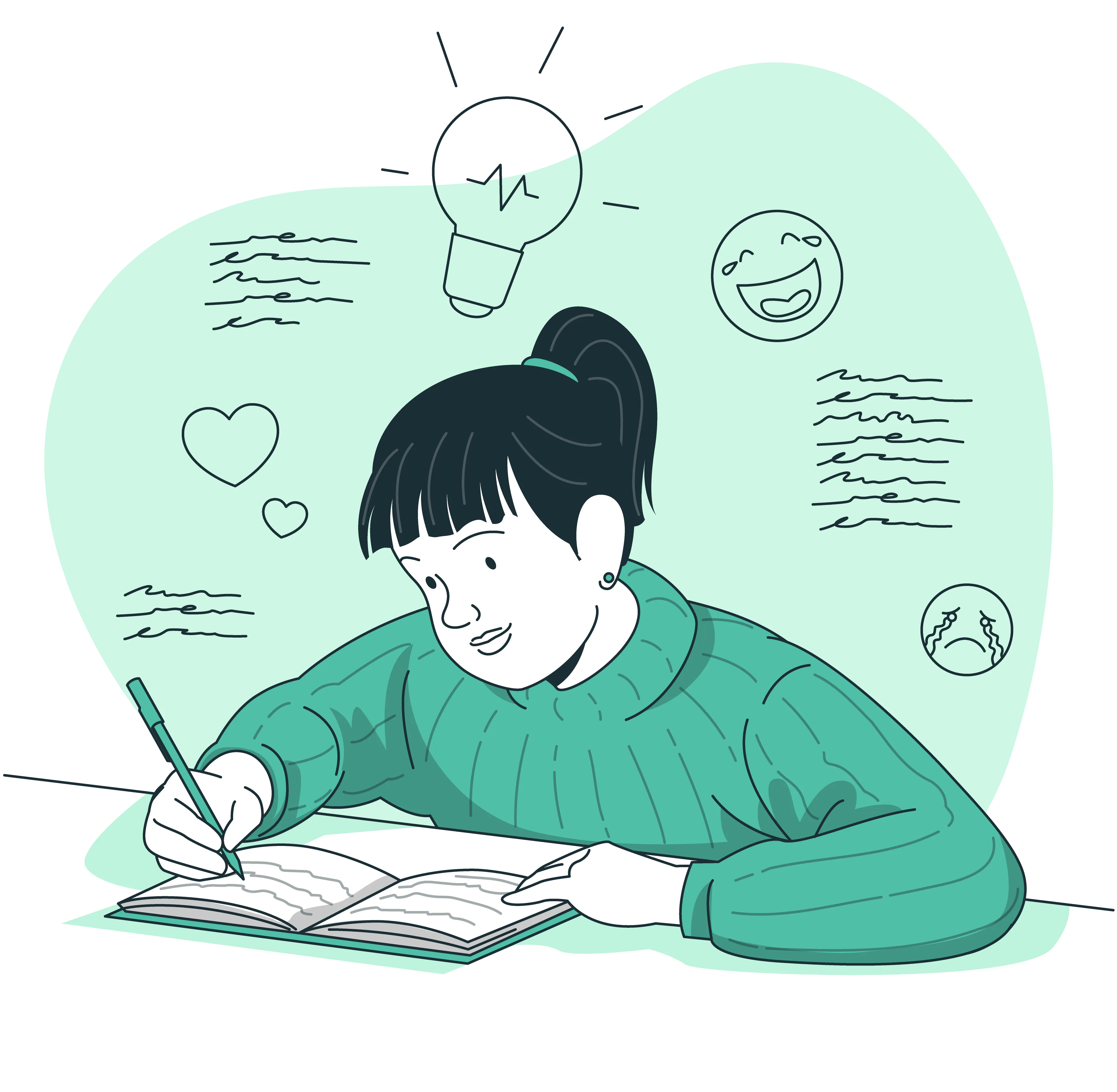
Can COVID-19 affect memory and concentration?
The adverse effect of COVID-19 can lead to weak memory. It may become difficult for you to store any information in your brain and you may struggle to remember anything that you want to recall. For instance, it may become difficult to take decisions, memorise an event, or remember when to take your medications. A study had reported a consistent pattern of memory deficit along with neurological symptoms in those who had COVID-19 [3].
After recovering from COVID, concentration problems may become an issue. You may find it difficult to hold your attention to a specific thing for long. It may become hard for you to multitask and you may get easily distracted. For instance, you may find it difficult to search for a key among a cluster of keys or struggle to hold a conversation or keep it fast-paced. Other signs include difficulty in helping others in completing a task or finding it hard to complete your job.
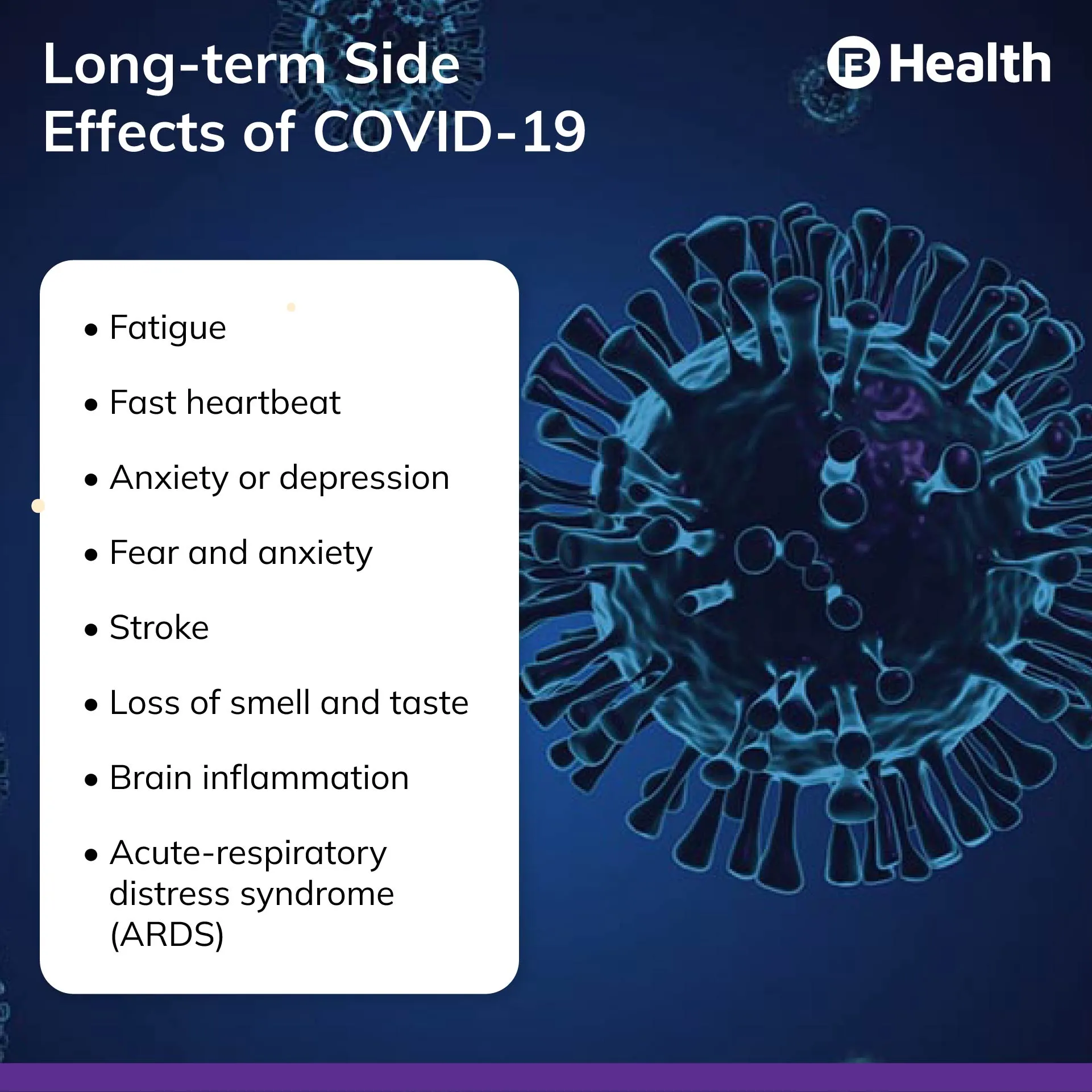
What is brain fog caused by COVID-19?
Brain fog is a word used for describing symptoms that affect a person’s ability to think. Although there is no one-way description of brain fog caused by COVID-19, it may be used to describe symptoms like fatigue, poor attention span, and short-term memory problems. Fatigue affects around 20% of COVID-19 patients weeks after recovering from fever, cough, and other symptoms.
Researchers believe that the cognitive effects are caused as a result of the inflammatory processes in our brain during COVID-19 [4]. The disease leads to immune system responses that affect the neural function in your brain. Further, the continuous stress of fighting COVID-19 can affect your brain functions. All these reactions make it clear that there is a connection between COVID and memory fog.
Brain fog cannot be diagnosed using imaging tests. Medical practitioners rely on symptoms the patients experience to examine if they have cognitive problems. These include symptoms like memory loss months after COVID, fatigue, headache, reduced attention span, dizziness, and poor executive functions. Some patients may even develop conditions like paranoia, hallucinations, and severe mood disorders in rare cases.
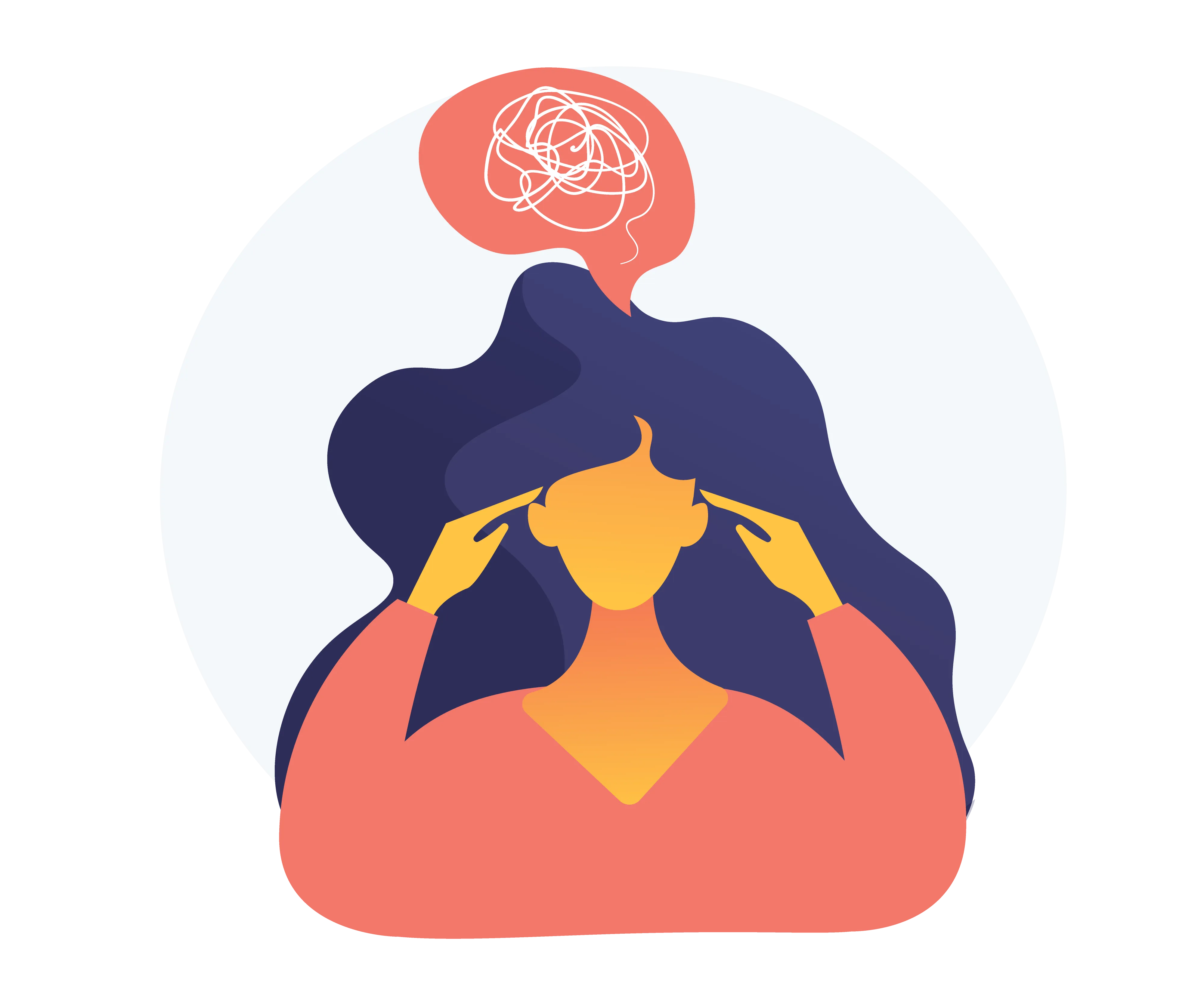
How to improve memory after COVID?
Understand that memory and COVID concentration problems are real and affect people who recovered from COVID-19. Although it is still not clear how long does brain fog lasts after COVID, therapies have led to an improvement in brain fog within 6 months. To improve your cognitive functions after COVID recovery, first accept that you have these problems. You can ask your family members to note the changes and talk about ways to cope with these issues. Sharing your problems with your friends, colleagues, or family will help you find a way out. Managing your daily activities can also help you tackle memory and thinking problems.
You can follow these tips to manage or control cognitive issues:
- Try to reduce distractions by finding time to sit in a quiet place and complete your tasks. It will help you to improve your attention and concentration. Playing instrumental music can also help. Take regular breaks from your work, work on tasks that interest you, and reward yourself after completing your tasks.
- To manage memory problems, you can take help from others whom you can rely on to share the load. You can use smartphone tools like a calendar app that reminds you about different events like birthdays or anniversaries. Alternatively, you can keep notes on your phone including voice notes to remember things. Use your phone’s camera to record visual information. If you do not have a smartphone, carry a pad and a pen with you.
- To manage executive problems, schedule a routine and follow it. Plan to tackle complex problems step by step and keep a check. Take a break to think and focus on questions that will help you get through complicated activities.
- If your problems persist, consult with your medical practitioner. Your doctor may suggest you a therapist or ask you to undergo cognitive behavioral therapy that will help you manage cognitive difficulties.
Since COVID and memory fog can make your life difficult, it is important to take self-care to reduce COVID effects on brain after recovery. Also be in regular touch with your doctor. Note that you can find top doctors and metal health professionals on Bajaj Finserv Health and book online or in-clinic appointments as per your preference. This way, you can ensure a healthy life and take care of your mental and physical health.
References
Disclaimer
Please note that this article is solely meant for informational purposes and Bajaj Finserv Health Limited (“BFHL”) does not shoulder any responsibility of the views/advice/information expressed/given by the writer/reviewer/originator. This article should not be considered as a substitute for any medical advice, diagnosis or treatment. Always consult with your trusted physician/qualified healthcare professional to evaluate your medical condition. The above article has been reviewed by a qualified doctor and BFHL is not responsible for any damages for any information or services provided by any third party.

